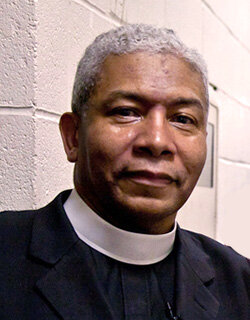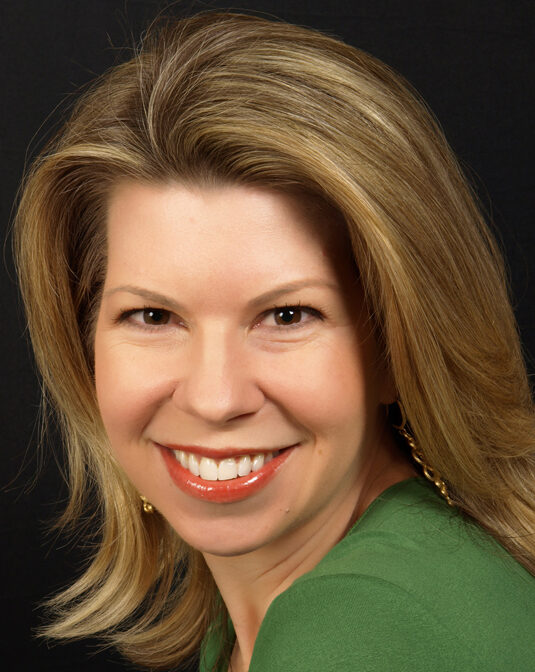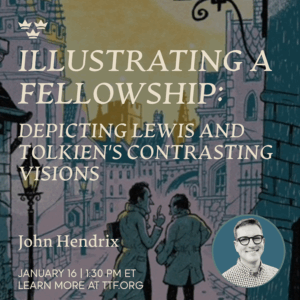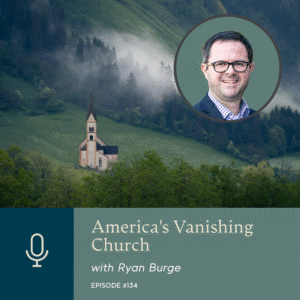Beyond Ideology with Peter Kreeft and Eugene Rivers
October 18, 2021
Overview
Speakers
-
 PETER KREEFT
PETER KREEFT -
 EUGENE RIVERS
EUGENE RIVERS -
 CHERIE HARDER
CHERIE HARDER
SHARE

